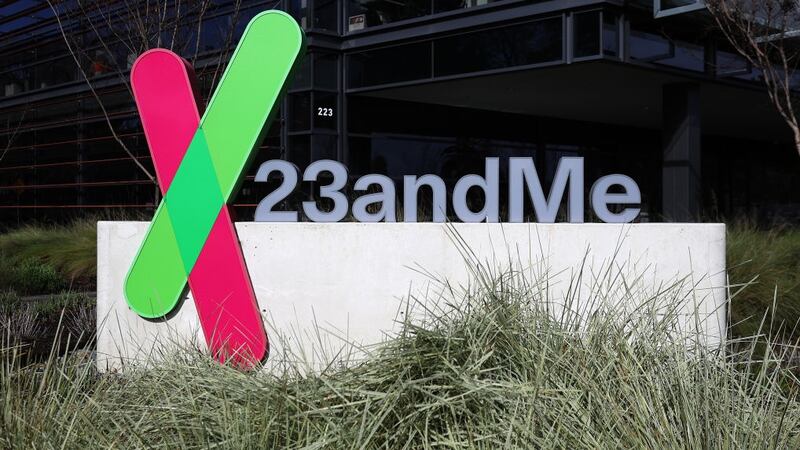SEATTLE — A new study by the University of Washington (UW) suggests that teenagers access Instagram because they are bored and feel bored while scrolling through the social media site.
With concerns about the mental health of teens because of social media use on the rise, a new study by the UW finds that negative feelings may not be the dominant experience teens have on Instagram but rather boredom.
According to the study, teens open the app because they’re bored, scroll quickly through irrelevant content, direct message friends and get off, in what researchers call “content soup.”
The study tracked in detail the experience of 25 teens when using the platform, including their likes, follows, unfollows, to customize their feed. It included how quickly they moved past “aggravating content.”
Participants were asked to complete a survey after five minutes of being on Instagram and once every three hours on an application called AppMinder. The survey collected information about their feelings and reasons for those feelings. The participants had to complete this process once a day for seven days. The research was then presented at the ACM Interaction Design and Children Conference in Delft, Netherlands.
“A lot of the talk about social media is at the extremes,” said lead author Rotem Landesman, a UW doctoral student in the Information School. “So we really wanted to study the mundane, daily experience of teens using Instagram.”
“We saw teens turning to Instagram in moments of boredom, looking for some kind of stimulation,” said co-senior author Alexis Hiniker, a UW associate professor in the iSchool.
The study showed that the Instagram algorithm was not feeding content the teens were looking for but it did not stop them from scrolling through hundreds of posts to find a single item of interest.
The study recommended that teens have more control over content curation, sending notifications that reinforce a teen’s desire to be on Instagram and collecting and combining data of emotional signals, like skipping content or logging off, to make positive adjustments.
“It is not and should not be the sole responsibility of teens to make their experiences better, to navigate these algorithms without knowing how they work, exactly,” Landesman said. “The responsibility also lies with companies running social media platforms.”
This summer the data from the study will be used with a separate group of teens.
©2024 Cox Media Group








